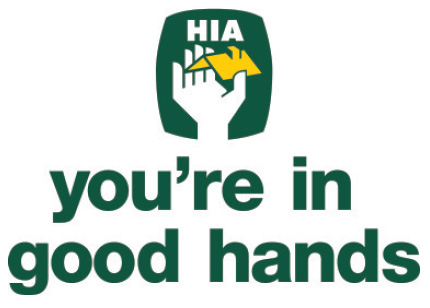Registration of trades is on the way in Victoria with Government recently passing legislation to require the registration and licensing of subcontractors and employees who carry out building work. This will significantly expand the current legal requirements that currently only effect those carrying out residential building work directly for owners and owner builders.
It is currently uncertain which trades will be included or the qualification and experience requirements associated but from September 2020 builders will need to consider whether a trade, contractor or employee, is required to be registered or licenced.
HIA understands that the detail initially will be in draft regulations, to be released for public comment this year. HIA expects that the following trades will probably be considered: carpentry, waterproofing, bricklaying, concreting/footings. Also the qualifications and experience for registered trades are expected to be those required for the current domestic building limited registration. Lesser requirements are anticipated for licensed employees.
HIA understands that the introduction is to be staggered over a number of years. Also there will be a system for provisional registration or provisional licences for at least five years to allow for existing subcontractors and employees to obtain the prescribed qualifications and/or experience.
It is expected that registered trades will be required to hold domestic building insurance eligibility even though they may never work directly for a home owner. This outcome will be a significant and unnecessary impost on the industry that HIA will continue to oppose.
But from September 2020 it will be:
- an offence for people to work on a building site, carrying out prescribed building work without being registered or licensed; and
- an offence for a person (including a builder or owner) to engage a subcontractor or employ an employee for prescribed building work without the appropriate registration or licence.
HIA has long advocated that where a trade contractor is engaged by a builder the current safeguards of the builder’s registration and insurances provides consumers with appropriate protection.
HIA only supports the registration of trades that engage in high risk activities or who are directly engaged by a consumer to carry out work above a set monetary limit. There are many details still to be determined.
2019 National Construction Code Changes
Don’t forget that this year the new edition of the National Construction Code (NCC) will take effect. The edition contains a number of significant changes affecting all classes of buildings, including: houses, apartment buildings and associated structures.
It will mean that many house and apartment designs will require some amendments and some building products may even require adjustment – or in some cases may require some different choices.
In addition to the NCC changes, an unprecedented amount of standards have been revised and updated. It’s important to ensure you are aware of the changes as they can significantly impact designs and installations.
When will the new changes take effect?
In most states and territories the changes will take effect from 1 May 2019 subject to some transitional arrangements. However, the energy efficiency provisions will be subject to an additional 12 month transition with the possibility of exceptions which will be confirmed in due course.
Find out more
HIA is providing a range of information sheets, advice and seminars on the changes to the NCC 2019. The information will cover a range of topics from both Volume 1 and 2 of the National Construction Code such as:
- Condensation management provisions
- Evidence of suitability requirements for building products
- Energy efficiency
- Fire safety provisions
- Roof and wall cladding, decks and balconies, smoke alarms and stairs and balustrades
- Changes to Australian Standards called up by the NCC
- Bushfires
- Performance Solutions methods
- Mandatory sprinkler protection requirements for apartments
- Fire safety requirements for cladding and external walls provisions
- Requirements for roof top spaces for apartments
For more information visit www.hia.com.au



